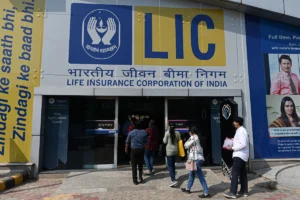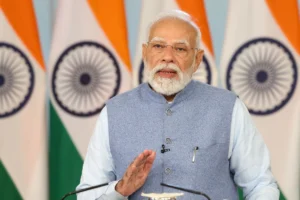
The Supreme Court has reserved its verdict after hearing arguments on the petitions challenging the Allahabad High Court’s ruling that declared the Uttar Pradesh Madrasa Board Education Act 2004 unconstitutional. Chief Justice DY Chandrachud, along with Justices JB Pardiwala and Manoj Mishra, presided over the case. During the proceedings, CJI Chandrachud stated that secularism embodies the principle of “live and let live.”
Hearing on Constitutional Validity
The Additional Solicitor General (ASG), representing the Uttar Pradesh government, expressed no objections to the High Court’s decision, noting, “We have accepted the decision and have not filed a petition against it.” He reiterated the government’s position, emphasizing that while modifications to the Madrasa Act may be possible, complete repeal is not warranted. CJI Chandrachud questioned whether the Right to Education (RTE) specifically applies to madrasas. He remarked, “Can we say that religious education cannot be included in the meaning of education? This is basically a religious country.”
State’s Interest in Madrasa Regulation
He further pondered the national interest in regulating madrasas, asserting, “You cannot ruin 700 years of history like this.” The Chief Justice noted that if the Supreme Court upholds the Allahabad High Court’s order, parents would still send their children to madrasas. He highlighted the state’s interest in ensuring quality education in madrasas beyond religious instruction, enabling students to lead successful lives after graduation. The court referenced Articles 28 and 30 of the Constitution, which protect minorities’ rights to establish educational institutions. The bench pointed out that madrasas currently issue certificates rather than degrees and stated that regulation of a religious community’s educational institution does not inherently violate secular principles.
On April 5, the Supreme Court stayed the Allahabad High Court’s decision, providing relief to approximately 1.7 million madrasa students after the cancellation of the Uttar Pradesh Madrasa Education Board Act 2004.
Also Read: Supreme Court Grants Teesta Setalvad Permission To Travel Abroad For Documentary Premiere
To read more such news, download Bharat Express news apps






















